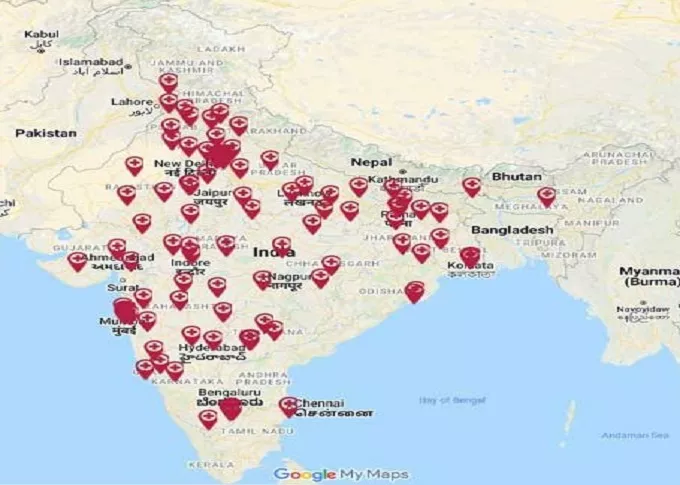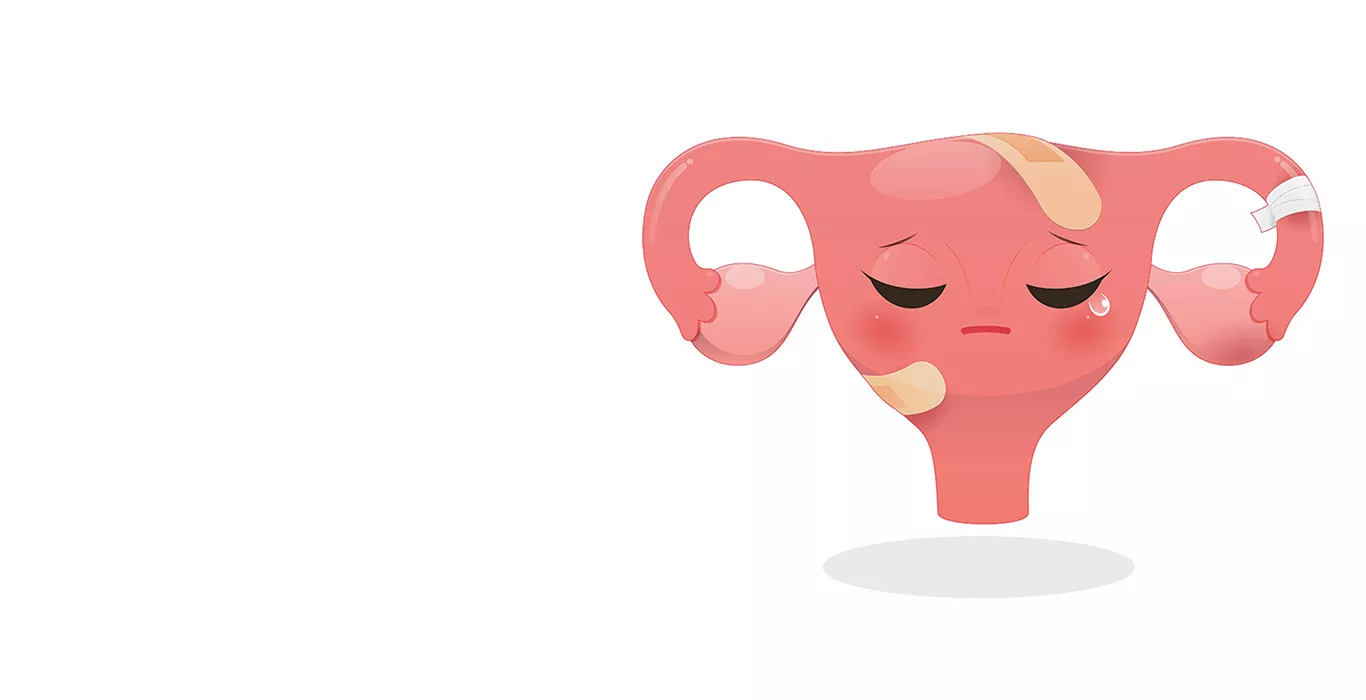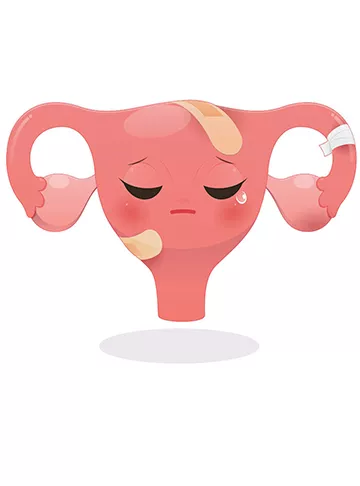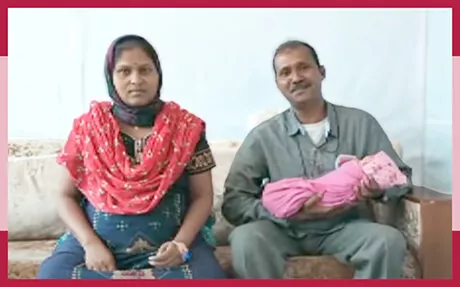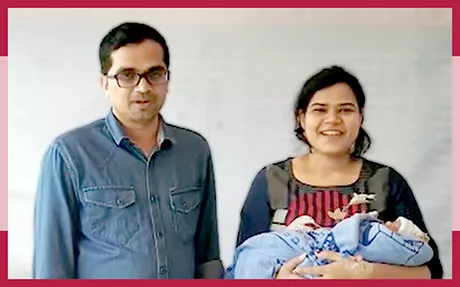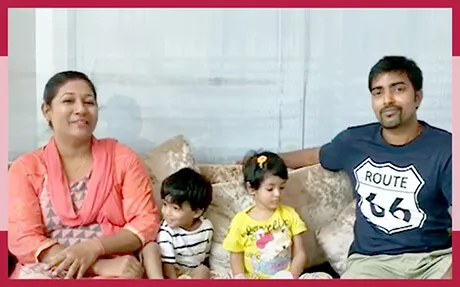What is Primary Ovarian Insufficiency?
Primary Ovarian Insufficiency (POI), formerly known as premature ovarian failure, is a condition characterised by the loss of normal ovarian function in women under the age of 40. This condition can have significant implications for a woman's reproductive health, hormonal balance, and overall well-being. It often leads to irregular or absent menstrual periods, difficulty conceiving, and a decline in estrogen levels. Unlike menopause, which is a natural ageing process, POI can occur in younger women affects their ability to have children and may cause other health issues due to low estrogen levels.
Who can get Primary Ovarian Insufficiency?
Primary Ovarian Insufficiency can affect women of any race or ethnicity, although it's relatively rare. Typically, it occurs before the age of 40, but it can also develop in the teenage years. It's crucial to understand that women with POI can experience various symptoms and may have different experiences, making it important to seek appropriate medical attention.
What are the Types of Primary Ovarian Insufficiency?
Primary Ovarian Insufficiency can be categorised into two main types:
1. Sporadic POI: This is the most common type and occurs unpredictably. The ovaries stop functioning normally without any clear reason.
2. Familial POI: In some cases, there's a family history of POI, indicating a genetic component. This type might have a hereditary link and could affect multiple generations within a family.
What are the Causes of Primary Ovarian Insufficiency?
The precise causes of POI are not always known, but several factors can contribute to its development:
- Genetic Factors: Certain genetic disorders can cause POI or make a person more susceptible to developing it.
- Autoimmune Disorders: The immune system may mistakenly attack the ovaries, disrupting their function.
- Chemotherapy and Radiation: Cancer treatments like chemotherapy and radiation therapy can damage the ovaries, leading to POI.
- Ovarian Surgery: Surgical procedures involving the ovaries may inadvertently cause damage, affecting their functionality.
- Toxins and Environmental Factors: Exposure to certain chemicals or environmental toxins can also play a role in the development of POI.
What are the Symptoms of Primary Ovarian Insufficiency?
The symptoms of primary ovarian insufficiency can vary from person to person but commonly include:
- Irregular or Absent Menstrual Periods: Changes in the menstrual cycle are often one of the earliest signs.
- Hot Flashes and Night Sweats: Similar to menopausal symptoms, women with POI can experience these due to hormonal changes.
- Difficulty Conceiving: Infertility or difficulty getting pregnant is a significant symptom.
- Vaginal Dryness and Painful Intercourse: Decreased estrogen levels can cause vaginal dryness and discomfort during sex.
- Mood Changes: POI can affect mood, leading to irritability, anxiety, or depression.
How does Primary Ovarian Insufficiency (POI) affect Female Fertility?
Primary Ovarian Insufficiency (POI) involves a premature depletion or dysfunction of the ovaries before the age of 40, resulting in irregular periods or absent menstrual periods and reduced fertility. POI significantly affects female fertility as it diminishes the quantity and quality of eggs available for fertilisation.
How is Primary Ovarian Insufficiency Diagnosed?
Diagnosing POI involves a comprehensive evaluation, including:
- Medical History and Physical Examination: A thorough review of medical history and a physical exam are crucial initial steps.
- Hormone Level Testing: Blood tests to check hormone levels, especially FSH (Follicle-Stimulating Hormone) and estradiol, are important for diagnosis.
- Imaging Studies: Ultrasound or MRI scans may be done to visualise the ovaries and assess their structure and size.
- Genetic Testing: In some cases, genetic testing might be recommended, especially if there's a family history of POI.
How is Primary Ovarian Insufficiency Treated?
While there is no cure for POI, various treatments can help manage symptoms and improve overall well-being:
- Hormone Replacement Therapy (HRT): This involves estrogen and progesterone supplementation to alleviate symptoms and maintain bone health.
- Fertility Treatments: In some cases, assisted reproductive techniques like In Vitro Fertilisation (IVF) may be considered to help with fertility.
-
Counselling and Support: Emotional support and counselling are essential to help individuals cope with the emotional and psychological aspects of POI.
If you suspect you may have POI or are experiencing related symptoms, seeking medical attention such as fertility experts and exploring appropriate treatment options is essential for a better quality of life.
Frequently Asked Questions (FAQs)
Is Primary Ovarian Insufficiency reversible?
Primary Ovarian Insufficiency is typically not reversible, but symptoms can often be managed effectively with appropriate treatments such as hormone replacement therapy.
Can women with Primary Ovarian Insufficiency have children?
While natural conception can be challenging for women with POI, assisted reproductive techniques like In Vitro Fertilisation (IVF) can offer options for having children.
Are there any lifestyle changes that can help manage Primary Ovarian Insufficiency symptoms?
Maintaining a healthy lifestyle, including a balanced diet, regular exercise, and managing stress, can aid in managing symptoms and overall well-being for women with POI.
Can POI lead to other health issues apart from fertility problems?
Yes, POI can lead to other health issues such as osteoporosis, cardiovascular disease, and psychological challenges due to hormonal imbalances, emphasising the importance of appropriate medical care and support.
Tools to help you plan better
Get quick understanding of your fertility cycle and accordingly make a schedule to track it
Get a free consultation!
